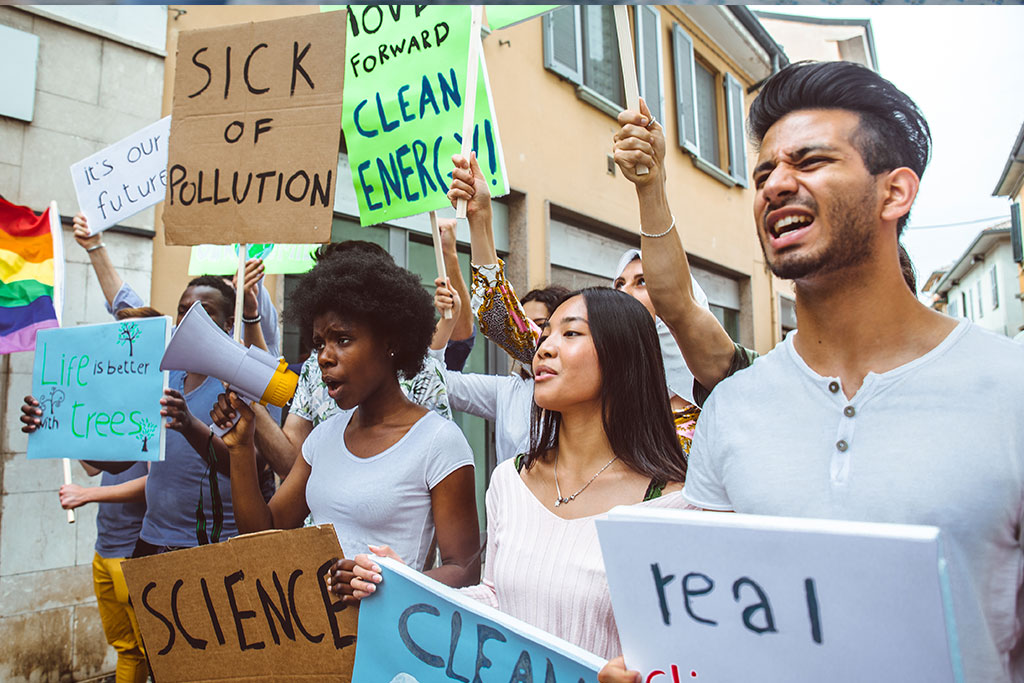For years minority, low-income, and tribal communities in the United States have borne a disproportionate burden of environmental pollution and hazards due to environmental racism. These at-risk communities, especially those of Black Americans, were targeted overwhelmingly for the placement of both toxic and hazardous waste sites as well as for factories that produce industrial pollutants due to segregation and discrimination. These communities were also easy targets because they lacked the power and resources to fight back. America’s penchant for mass incarceration further exacerbated Black Americans’ disproportionate exposure to environmental hazards by locating almost 600 prisons near ‘superfund’ sites. ‘Superfund’ sites are areas deemed by the government to be so toxic that they require a long-term response.
Jackson, Mississippi. Flint, Michigan. Pahokee, Florida. Lowndes County, Alabama. Cancer Alley, Louisiana. These places and many more have something in common. Besides pollution and toxic hazards, there are other environmental that predominately Black American communities are forced to bear disproportionally as well, such as contaminated water, poor sanitation, sugarcane ash, and high exposure to carbon dioxide emissions and lead. Exposure to such conditions can cause chronic health problems that begin at younger ages than with whites, including different types of cancer and respiratory illnesses such as asthma. These conditions also put the victims at risk for parasitic infections like hookworms and mental defects.


The intentional poisoning of at-risk communities must end. Cases of environmental racism must be investigated and prosecuted in order to hold accountable corporations and municipalities that create environmental conditions that disproportionately poison minority, low-income, and tribal communities. Where remediation of the hazard is not possible, compensation and relocation assistance should be provided to help victims receive medical treatment and move away from residences and communities with environmental hazards such as poor sanitation, superfund sites, lead poisoning, hazardous waste and toxic waste.
Freeman Initiative’s Combating Environmental Racism Program begins with research and data analysis but has an end goal of environmental justice. We work towards fair treatment and meaningful involvement of impacted populations in the development, implementation, and enforcement of environmental laws, regulations, and policies designed to protect the health and advance the economic potential of their communities. We also help these vulnerable communities develop their own environmental justice strategies and plans, to enhance accountability, foster remedial measures and to promote collaboration and meaningful partnerships for green initiatives.

